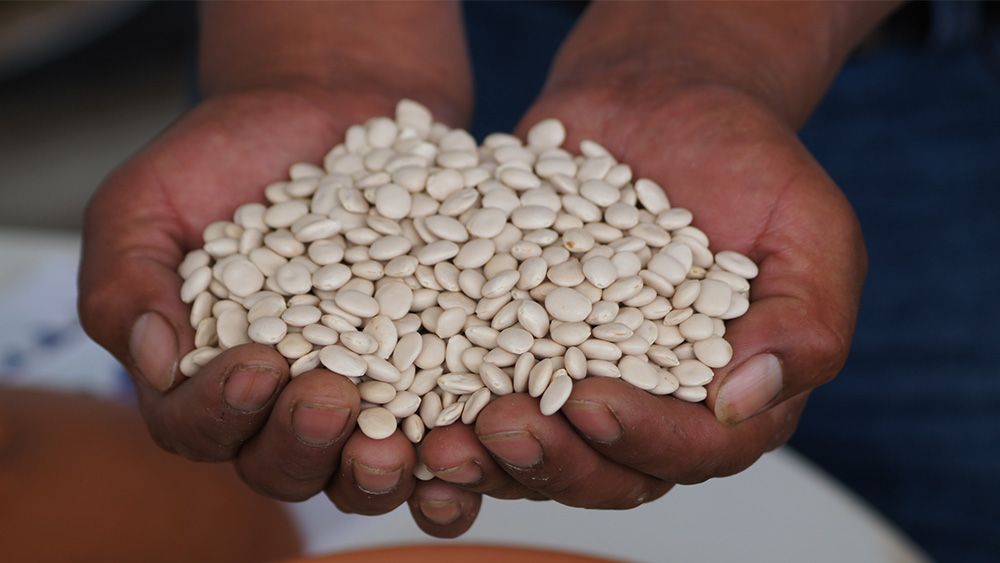 | Tarwi Fuerte CholoAncashPeru |
Organic tarwi is a legume, also known as chocho or lupine. Its consumption contributes to food security, it has a high protein content and, due to its high nutritional value, should not be missed in the daily diet. Its consumption helps strengthen the immune system and prevents the development of chronic infectious diseases. Its properties were highly appreciated by Andean cultures since pre-Hispanic times, before the 15th century.
Tradition
The variety of Tarwi fuerte cholo is conserved and valued by farmers to prevent its extinction. Tarwi belongs to the millenary culture of Peru and is used by the Andean people as food and medicine. The unshelled tarwi grain is consumed as a snack and in dishes such as ceviche serrano. Tarwi flour can be used in creams, soups, stews, mixtures and as an ingredient in pizzas and desserts, such as mazamorras or apple tarwi cakes.
Territory
Tarwi is grown in the Cordillera Negra, an area known for its glaciers, in the Department of Ancash, Peru, between 3 600 and 3 800 metres above sea level. The crop is grown using agroecological practices in harmony with nature. For example, tarwi is appreciated for being a nitrogen-fixing plant in the soil, providing essential nutrients for other crops, contributing to the lasting fertility and care of the soil.
Producers
The Tarwi producers belong to the "Tian Ayllu" farming community, which brings together 130 members that produce Tarwi grain with Participatory Guarantee Systems certification, innovating in their plots of land using agrobiodiverse conservation techniques such as crop association, soil conservation, planting and harvesting water, use of organic fertilizers, and care and conservation of seeds.
Further information
Antonieta Manrique
[email protected]
Administracion RAE PERU
[email protected]
[email protected]